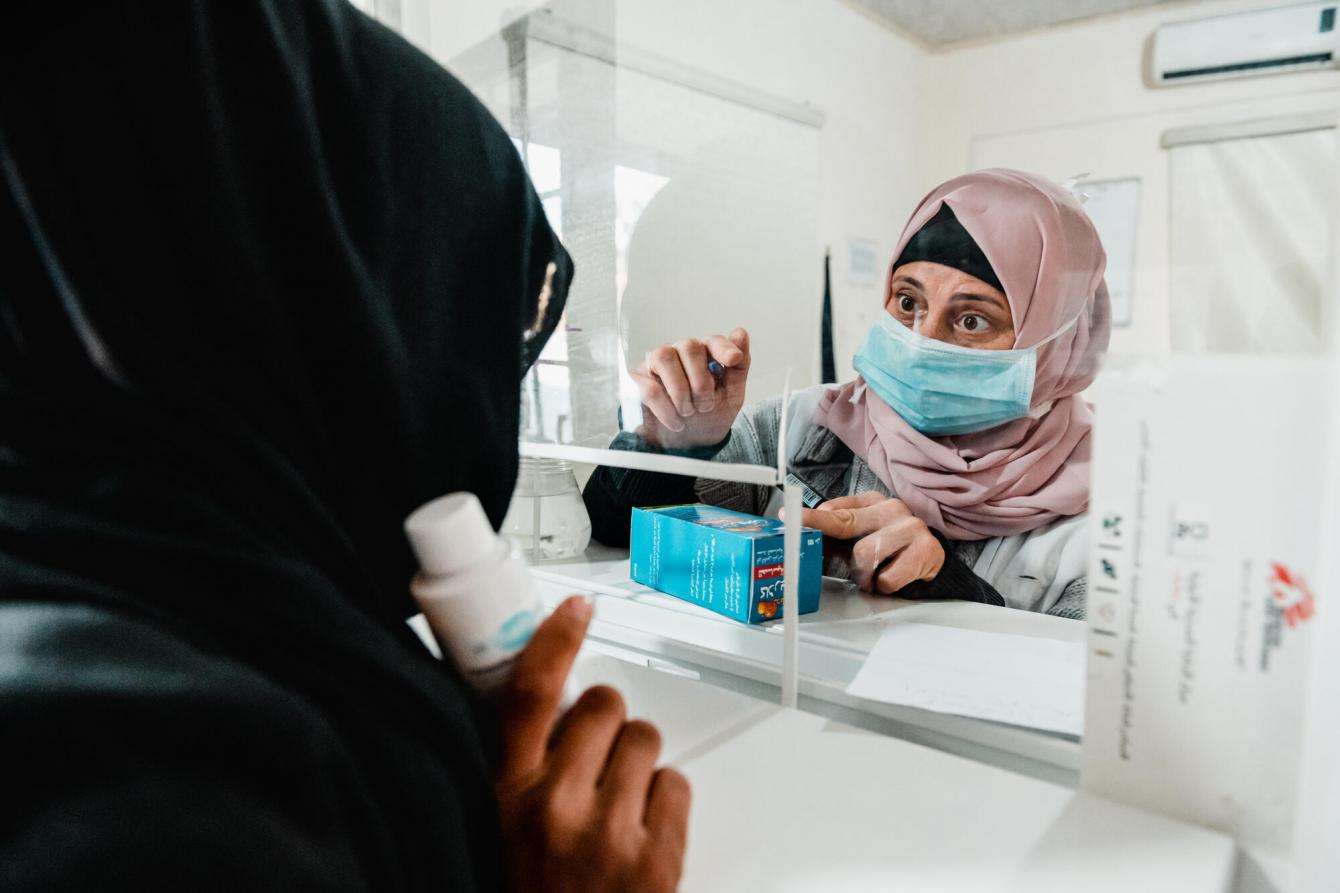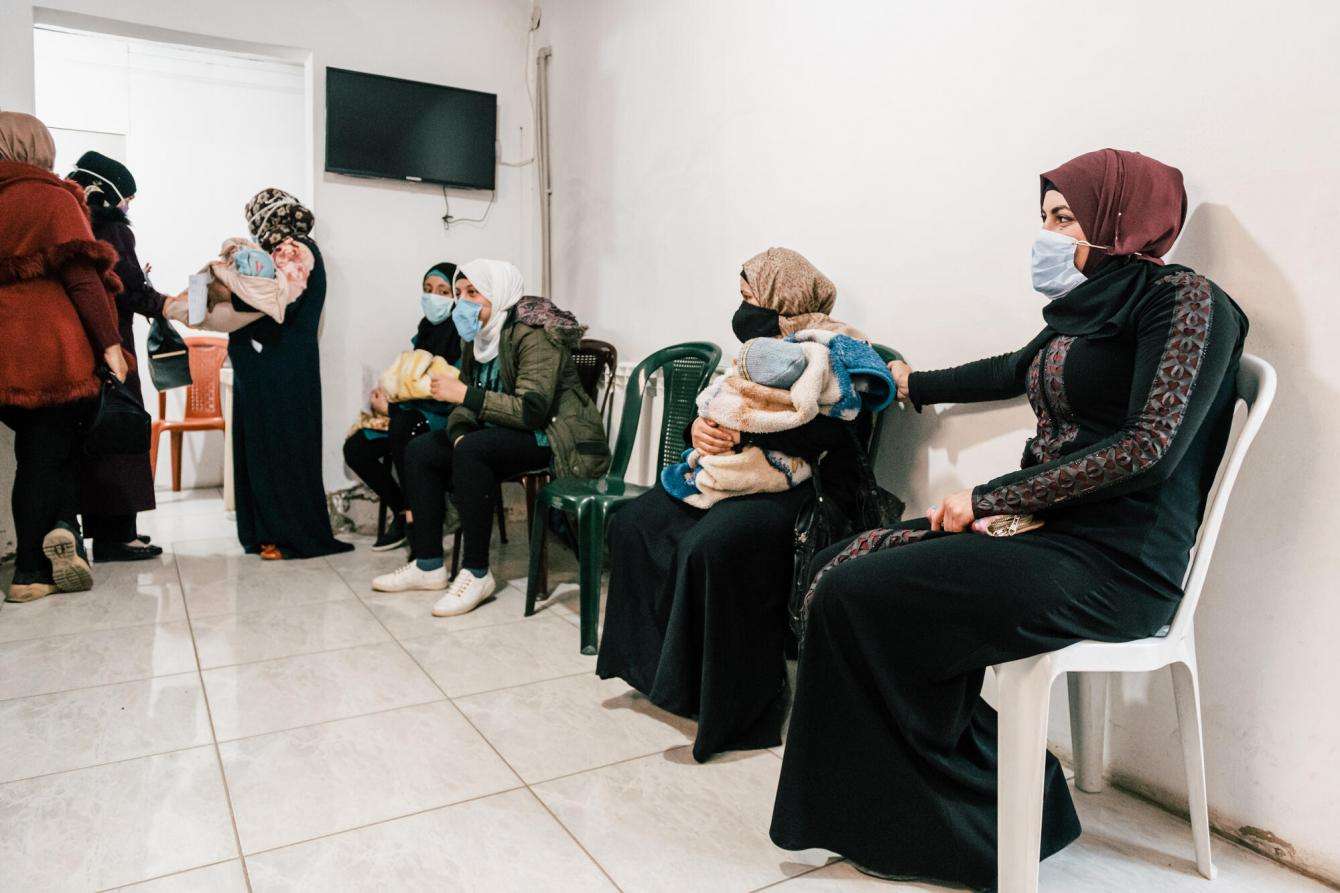After a year with no stable government in place, Lebanon is experiencing one of the worst economic crises in the world. Dwindling supplies of fuel and medicine have pushed the country’s health care system to the edge of collapse. Doctors Without Borders/Médecins Sans Frontières (MSF) teams are directly affected by the crisis and gravely concerned about how to sustain essential health care services in the country.
“Hospitals are already having to ration their services and prioritize patients,” said Joao Martins, MSF head of mission in Lebanon. “People could now die from totally avoidable—and otherwise easily treatable— causes, just because hospitals don’t have electricity, the right supplies, or staff.”
Fuel shortages
The economic crisis hasn’t just destroyed people’s purchasing power and spurred unprecedented inflation. It has also impacted the Lebanon’s ability to import essential goods, including fuel. Hospitals are experiencing daily power outages lasting hours because of cuts in the national electricity grid and shortages of diesel fuel for backup generators.
MSF is not immune to these power shortages. Our hospital in Bar Elias, in the Bekaa Valley, recently faced a power cut that lasted over 44 hours across a three-day period, forcing our medical team to reduce surgical operations by 50 percent and ration fuel use to respond to emergencies.
To make matters worse, referrals for specialist care—for which our teams rely on other hospitals—are becoming increasingly difficult as these facilities stop non-emergency care to save on fuel. One of the public hospitals that our teams normally refer patients to recently informed us that they could no longer receive patients from our facilities because they had shut down their psychiatric ward in a desperate effort to minimize power usage.
Medication is becoming scarce
Lebanon is also experiencing a shortage of basic drugs and medication across distributors and pharmacies, most of which cannot be produced or made available locally. In the past months, across different projects, our teams have received new or former patients who reported that public primary health care centers no longer have the medicines necessary for their treatments. Some of these people had previously been stabilized by MSF and referred to the public system for long-term follow-up of their chronic conditions.
“It is extremely worrying to see people whose conditions were stable but are now deteriorating again because they have not been able to get access to the drugs they needed,” said Joanna Dibiasi, midwife activity manager for MSF’s South Beirut project.

For the first time, public hospitals where we refer pregnant women for deliveries are also asking our teams to provide them with oxytocin and magnesium, which are essential drugs to treat possibly deadly post-partum conditions.
“Sadly, we do not always find ourselves able to support [these requests],” said Martins. “The quantities in our clinics and stocks are limited and even if we manage to get an extra order it takes time, because of the importation delays. Due to the complicated and often chaotic public system, shipments of drugs are often taking eight months to reach us, which is simply too long in the context of a health care emergency.”
Overstretched humanitarian organizations
People are also no longer able to afford private medical care and there has been a striking spike in the number of people seeking humanitarian assistance for health care services. Our teams are witnessing it first-hand in our clinics, as more and more people come in for free medical care and ask for other forms of assistance, including food.
In the Bekaa Valley, where we provide reproductive and mental health care as well as medical care for people with chronic illnesses—many of them refugees from neighboring Syria—we are witnessing an exponential increase in the number of people seeking MSF’s medical services. The number of people with chronic health issues assisted by our teams increased by 60 percent since the beginning of last year, and the number of Lebanese patients has doubled.
“We are currently following up and providing medical care to 3,500 chronic disease patients in the Bekaa Valley, specifically in Hermel and Arsal,” said Céline Urbain, project coordinator at MSF’s Bekaa project. “This increase is alarming because we are reaching our limits in terms of medical personnel per patient, which can reduce the quality of care.”

A few months ago, we also witnessed a massive increase in women coming to our maternity clinic in South Beirut. Pregnant women were lining up outside the facility and waiting for hours to be admitted for our free prenatal care and delivery services. Our teams had no choice but to implement a socioeconomic assessment to identify the people in the most urgent need of free care. “While it is good that we provided help to those who had the least means to seek care elsewhere, we are painfully aware that we cannot help everyone,” said Dibiasi.
“We remain committed to delivering impartial medical care to the most vulnerable people to the best of our ability, but necessary action needs to be taken by the Lebanese authorities to ensure that essential medical services are provided to the people,” said Martins. “They need to act so that medication, supplies and fuel are accessible in the country. Humanitarian actors cannot replace the health system of a whole country.”





